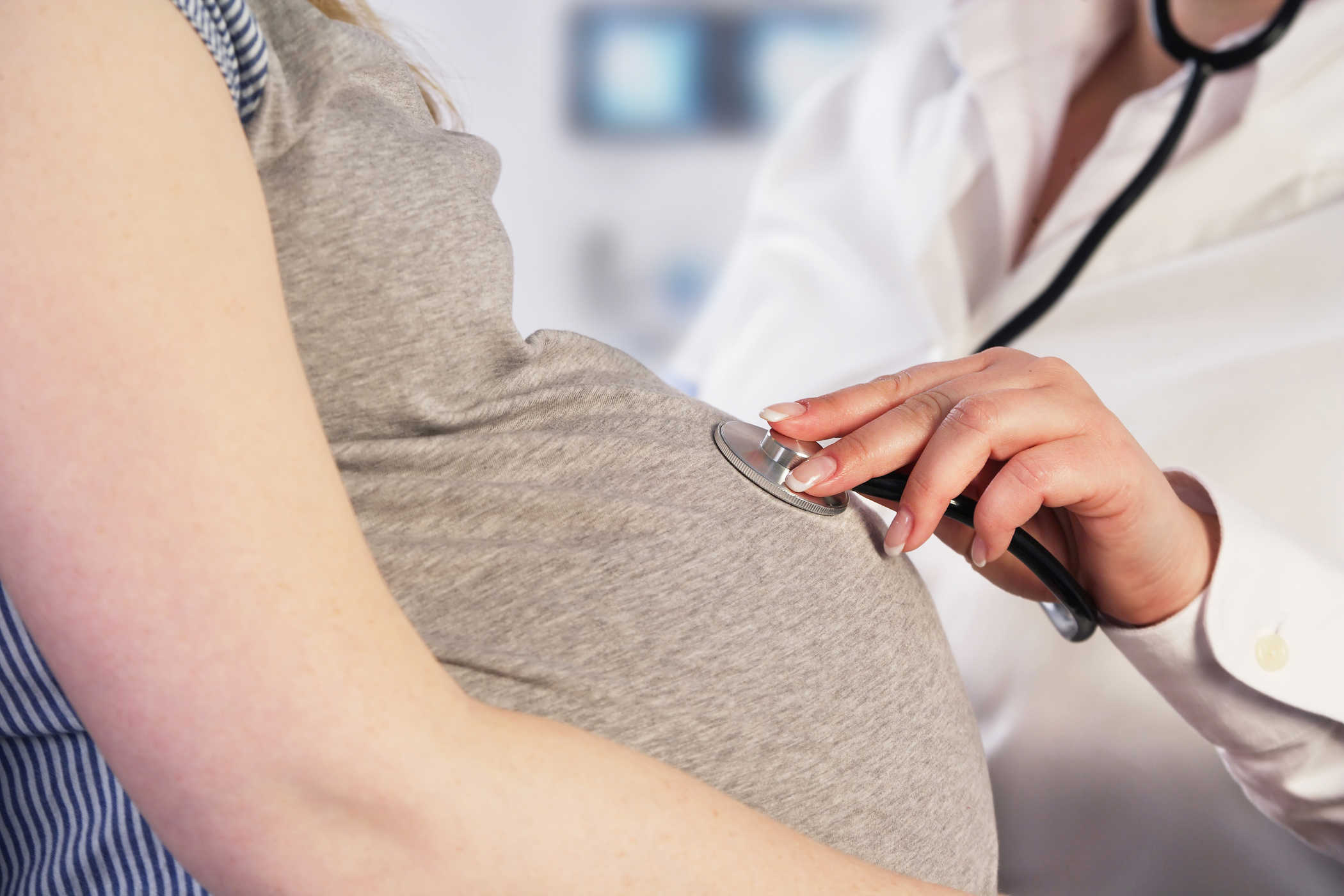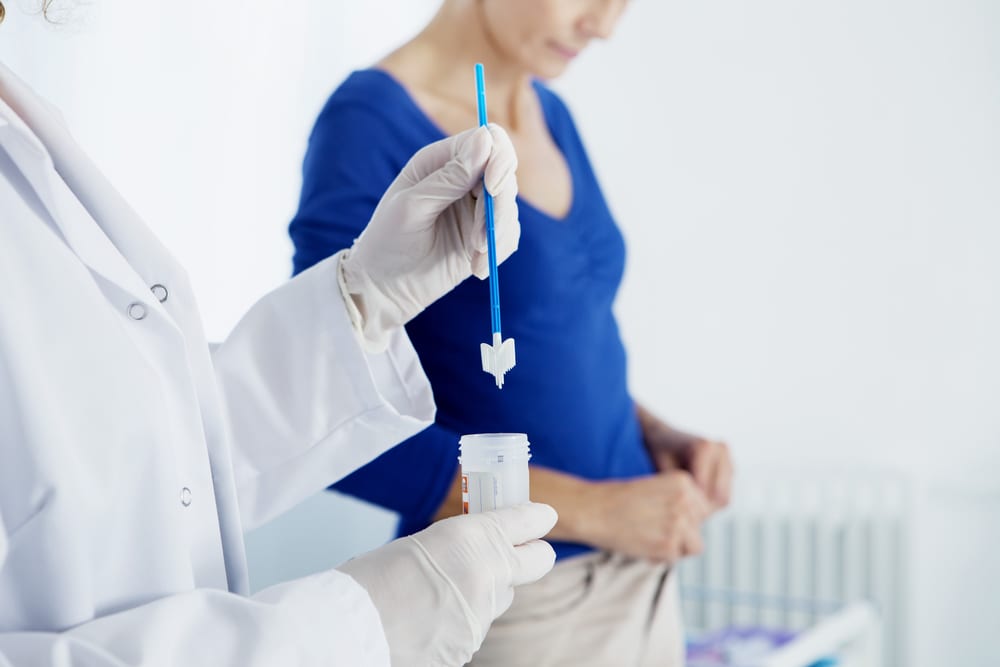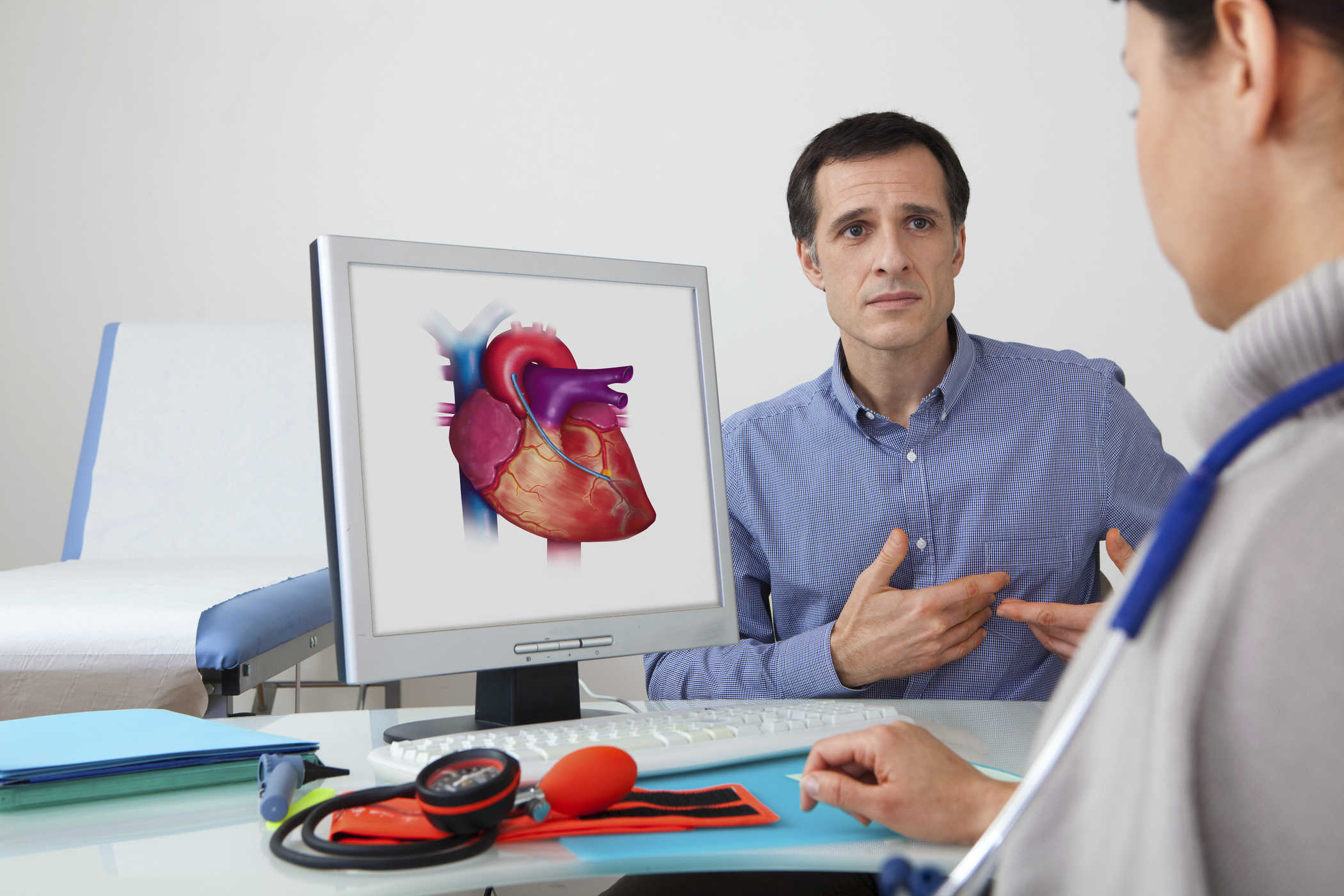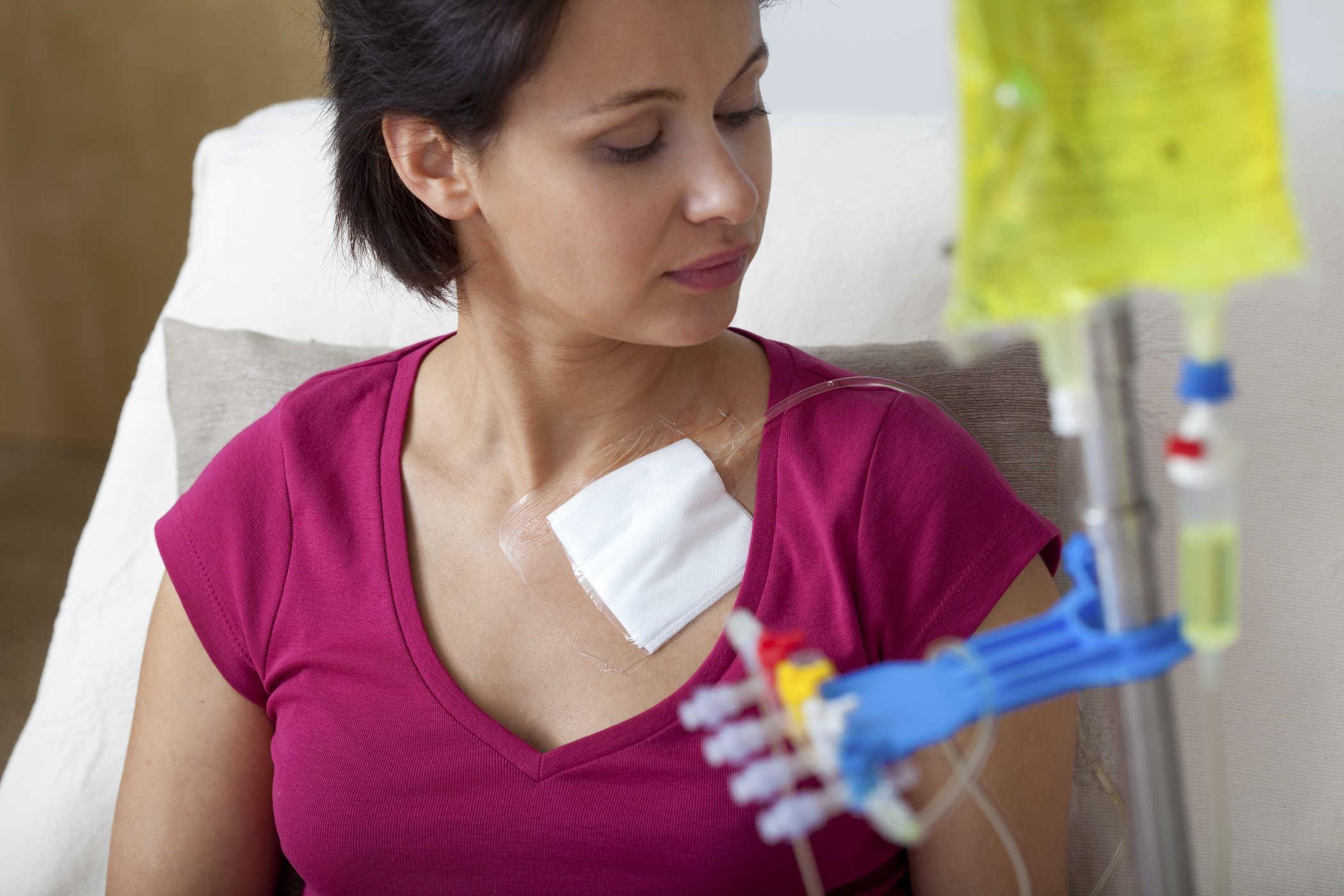Contents:
Medical Video: The Truth About Down Syndrome
Down syndrome is the most common genetic chromosomal disorder. This condition causes learning disabilities in children.
Quote from Kompas.com, the incidence of Down syndrome, or Down syndrome in the whole world is estimated to reach 1: 700 birth rates, aka approximately 8 million children with Down syndrome. Based on the results of a 2010 survey, people with Down syndrome in Indonesia reached more than 300,000 children.
Down syndrome is generally not a hereditary disease. Down syndrome (DS) is a genetic disorder that occurs when a baby conceived has an additional chromosome 21, either full or only partial copies, which are formed during the development of an egg, sperm, or embryo.
How can Down syndrome occur?
Reporting from mayoclinic.org, about 4% of children with DS have two full copies and 1 copy of part of chromosome 21 which attaches together on different chromosomes, referred to as Down syndrome translocation. Down translocation syndrome is the only type of DS that can be derived from one of the parents. However, only one third of the cases of transplanted DS were inherited from one parent.
A carrier (the carrier) can show no signs or symptoms of DS, but it can reduce the translocation process to the fetus, causing additional genetic material from chromosome 21.
The risk of lowering translocation DS will depend on the sex of the parent carrying chromosome 21 that has been rearranged:
- If father is a carrier agent (the carrier), DS risk is around 3%
- If the mother is a carrier agent (the carrier), the risk of DS ranges from 10-15%
Am I at risk of giving birth to a Down syndrome baby?
Although researchers already know how DS occurs, they still don't know much about why this condition can occur. This can make it difficult to understand whether you risk having a baby with Down syndrome.
"Some theories argue that Down syndrome is triggered by how well the body of the mother metabolizes folic acid, but many also oppose this theory, because so much confusion regarding factors that influence the occurrence Down syndrome, "said Kenneth Rosenbaum, M.D., head of the genetic and metabolic division and deputy director of Down Syndrome Clinic at Children's National Medical Center in Washington, D.C, quoted from parents.com.
Certain things can increase your risk of having a baby with Down syndrome, called a risk factor. Risk factors may differ for each type of Down syndrome, but generally include:
1. Age motherduring pregnancy
Down syndrome can occur at any age when you are pregnant, but this opportunity will increase with age. The risk of containing babies with genetic problems, including DS, is believed to increase when a woman's age reaches 35 years or older at the time of pregnancy. 25-year-old women during pregnancy have a risk of 1: 1,200 to have a DS baby, while women 35 years of age during pregnancy have a risk of up to 1: 350. In 49-year-old pregnant women, the risk increases to 1:10. Even so, now many children with DS are born to women less than 35 years old, due to an increase in birth rates at a young age.
They found that in the womb of women who approached the age of menopause and the risk of infertility also increased, the ability to select defective embryos decreased and increased the risk of the child they conceived would experience a complete decline in development. Both researchers believe that the decline in this selection ability is a woman's adaptive response and may explain the reasons why DS tends to increase with the age of a woman.
2. Have given birth to a Down syndrome baby before
Women who have had a fetus with DS have a risk of 1: 100 to have a baby then also have DS.
3. Number of siblings and distance of birth
According to the research of Markus Neuhäuser and Sven Krackow, from the Institute of Medical Informatics, Biometry and Epidemiology at University Hospital Essen, Germany, the risk of babies born with DS also depends on how many siblings and how old the youngest child is with the baby.The risk of having a baby with DS is higher in mothers who are pregnant for the first time at an older age. This risk will also increase if the distance between pregnancies is getting farther away.
How do I know if I have Down syndrome babies?
The American College of Obstetricians and Gynecologists recommend doctors to carry out tests screening and prenatal diagnostics for DS and other genetic disorders for patients who have a high risk of DS. However, now all doctors are expected to recommend both of these tests for all women who are planning a pregnancy.
During the week 11-14 of pregnancy, the doctor will run a blood test combined with ultrasound, which checks the thickness of the back neck of the fetus (aka nuchal translucency) Both of these procedures can detect DS up to 82-87 percent, with a minimum risk to yourself and the fetus.
If you are 35 years or older and are known to have other risk factors, your doctor will also recommend you to run a fetal DNA test during the first trimester of pregnancy. This test has a 99 percent accuracy in results, because this test will sort small parts of your fetal DNA that circulate in your blood during pregnancy.
In your second trimester, other blood tests (multiple screening markers, or quad screening) can detect DS up to 80% accuracy.
If one of these tests indicates a high risk, you can run a diagnostic test, such as amniocentesis or chorionic villus sampling (CVS). It should be understood that both of these procedures carry a risk of miscarriage, although it is considered low.
Down syndrome cannot be prevented
Determine whether you want to run screening or not is a personal choice that concerns not only your future, your baby. However, the series of tests can also help your doctor to know for sure whether your fetus in the womb has other potentially life-threatening issues, such as congenital heart disease.
Whether or not the risk of your baby suffering from Down syndrome, understand that the DS has occurred before conception takes place.
"There is nothing you can do during pregnancy, which will increase or prevent the risk of your baby getting Down syndrome," Rosenbaum said. The best thing you can do is to adopt a healthy diet, take prenatal vitamins, and enrich your knowledge about Down syndrome to prepare yourself for all possibilities.
READ ALSO:
- What is the reason behind cravings during pregnancy?
- Overcome nausea and vomiting morning sickness in this way
- Exclusive breastfeeding is proven to prevent obesity in children. Why?












